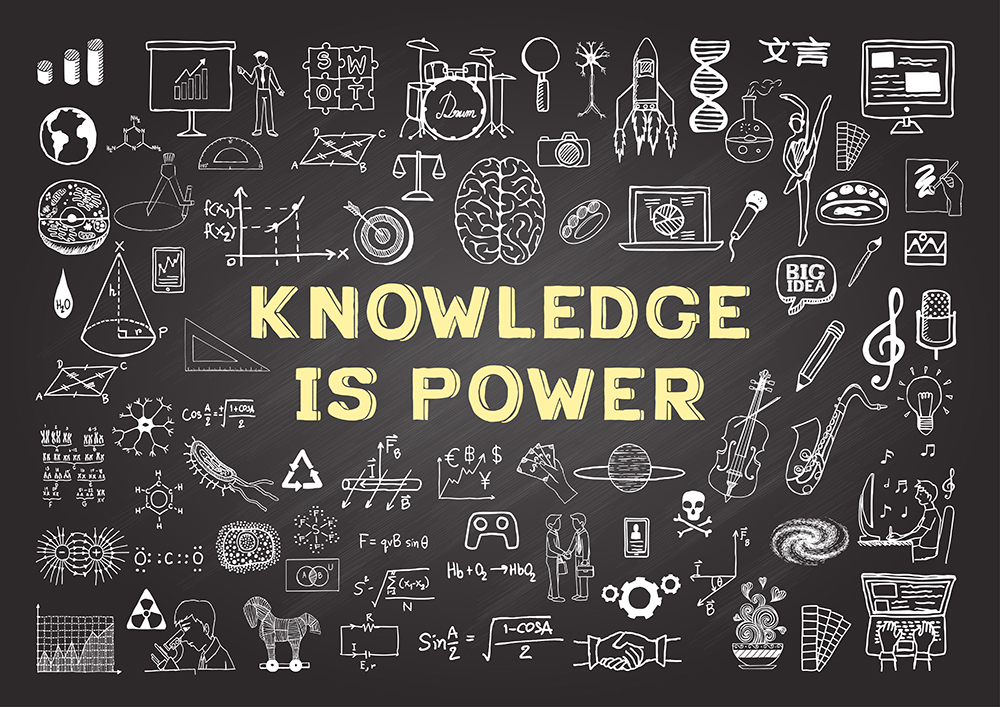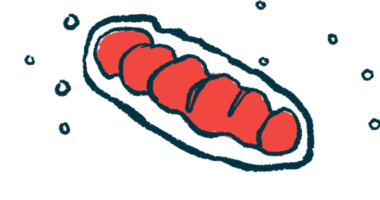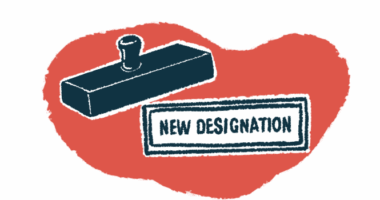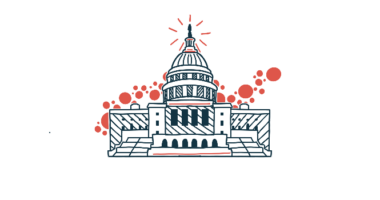‘End ALS Challenge’ Invites AI Community to Tackle 3 Key Questions

Roche Canada’s Artificial Intelligence Centre of Excellence (AI CoE), in collaboration with Answer ALS and EverythingALS, opened a challenge that asks the global artificial intelligence (AI) community to model solutions for key questions in amyotrophic lateral sclerosis (ALS).
Called End ALS Challenge, the digital competition also counts the support of the ALS Society of Canada, the Ontario Brain Institute, and NetraMark. It is being administered by Kaggle, an online machine learning and data science community.
Machine learning is a form of AI that that uses algorithms to analyze data, and learn from their analyses to make a prediction about something.
By sharing ALS clinical and biological data from several datasets with the AI community, the challenge is expected to help in better understanding the overall biology of ALS and to improve diagnosis and treatment discovery.
“We believe that sharing knowledge and multi-disciplinary expertise through open science can improve public and private collaboration, and contribute to a learning health system that better informs patient care,” Fanny Sie, strategic healthcare partner, AI and digital health, at Roche Canada, said in a press release.
“As the first project launched through the AI CoE, the End ALS Challenge will facilitate data access for all stakeholders to generate meaningful data-driven insights and accelerate improvements for patients with a neurodegenerative disease,” Sie added.
“We are excited to partner with the Roche Canada AI Centre of Excellence and want to encourage other partners to join this challenge for improving breakthroughs in ALS and brain science,” said Indu Navar, the CEO of EverythingALS and an advisory board collaborator at Answer ALS.
A total of 150 datasets involving 1,000 people participating in Answer ALS — reported to be the most comprehensive clinical, genetic, molecular, and biochemical assessment of ALS to date — are publicly available on the challenge page.
Participants are encouraged to use these data, and if needed, additional public datasets, to answer three key research questions in ALS that were developed by neurologists and researchers focused on this disease, and by patient communities.
These questions include whether ALS has a single mechanism of action or is caused by different pathways, which mechanisms underlie disease progression, and whether there are genetic, protein, and/or symptom differences between ALS patients who progress faster versus slower.
A multi-disciplinary expert panel will review the potential solutions — to be submitted by May 15 — and chose the best for each research question two weeks later. Given that submissions will be reviewed on a rolling basis, participants are encouraged to work publicly and collaboratively to do the research necessary with speed.
The winning individual or team for each question will be given an opportunity to pitch to a panel of industry and venture capitalist investors with experience in digital solution development, implementation, and scale. These will include Hemant Taneja from General Catalyst, Graham Spencer from Google, Paul Buchheit from Y-Combinator, and other specialists in digital solutions.
One winner may also be awarded a five-day, all-expenses-paid trip to Hawaii. In addition, Answer ALS may later choose to sponsor an award for some or all of the winning solutions.
David Taylor, PhD, the vice-president of research at the ALS Society of Canada, said that “enlisting data scientists and machine learning experts to gain new insights into ALS is a critical and exciting step towards gaining a better understanding of the disease.”
“Using the End ALS Challenge to bring new ideas and perspectives to the field will most certainly enhance the tremendous work being done through Answer ALS,” Taylor added.
The insights developed through the End ALS Challenge will be shared with the patient community through an open and continuous feedback loop, helping to more quickly translate research into positive disease-modifying outcomes for patients.






